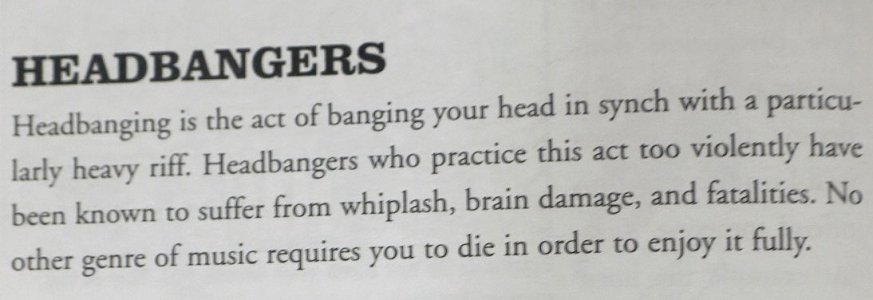I burned through Martin MacInnes's three novels this past summer. He's a Scottish writer; his most recent book, In Ascension, was longlisted for the Booker prize. It's heady science fiction--not in the hard sense, but more in the philosophical sense. I found it really addictive. It's about a scientist who gets roped into investigating some weird anomalies in the ocean and outer space. His one before that, Gathering Evidence, is my favorite. It's seriously unsettling. I'd call it almost horror, but it never quite goes there. It goes back and forth between a woman researching weird behavior among bonobos in Africa and her husband back in the UK who suffers a mysterious accident and starts getting visits from a strange doctor. Strange shit, but really good. His first, Infinite Ground, is a surreal little jaunt about an unnamed detective who investigates a missing employee of an obscure corporation. Reads like a cross between Borges and Kafka.
If you're in the mood for more straight up horror, Paul Tremblay is awesome. His most recent, Horror Movie, was really good. Right now I'm working through his Disappearance at Devil's Rock. If you want something other than sci-fi and horror, and I can think of some other stuff.




